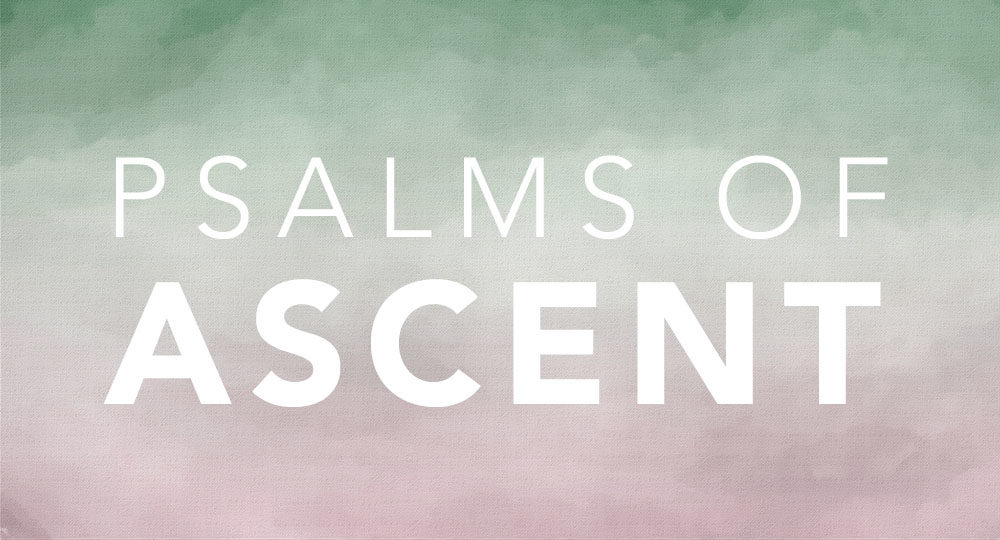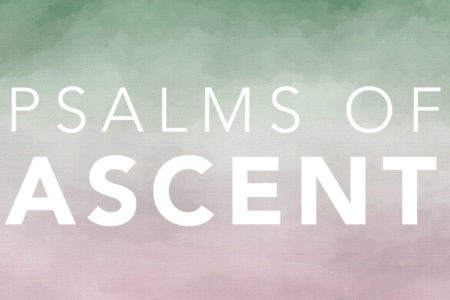Psalm 131: Our Hope
Psalm 131 is a song of humility. This Song of Ascents was composed by King David. Though one of the shortest psalms, it is also one of the most poignant.
David composed it while experiencing severe challenges and inner turmoil, perhaps when his son Absalom revolted against him. He sought to express one of the most important concepts in all of Scripture, humbling oneself before God: “Lᴏʀᴅ, my heart is not haughty, nor my eyes lofty” (v. 1).
The central image is that of a “weaned child” (v. 2) who has been fully removed from the mother’s breast. Genesis 21:8 uses the same Hebrew word to describe Isaac: “So the child grew and was weaned. And Abraham made a great feast on the same day that Isaac was weaned.”
The term is also used for Samuel, with the added emphasis that he was young:
So Elkanah her husband said to her, “Do what seems best to you; wait until you have weaned him [Samuel]. Only let the Lᴏʀᴅ establish His word.” Then the woman stayed and nursed her son until she had weaned him. Now when she had weaned him, she took him up with her, with three bulls, one ephah of flour, and a skin of wine, and brought him to the house of the Lᴏʀᴅ in Shiloh. And the child was young (1 Sam. 1:23–24).
Three concepts appear to revolve around this imagery of the weaned child: deliberate rejection of pride, subjection of self, and adoption of humility.
David refused to have a haughty heart or lofty eyes, expressing his deliberate rejection of pride (Ps. 131:1). It is not clear if he was fighting that tendency, which we all have at times, or if he was declaring his determination to avoid it.
He added that he was not going to try to comprehend things beyond his understanding: “Neither do I concern myself with great matters, nor with things too profound for me” (v. 1).
At times, we all want answers when there are none, just as Job sought to understand his suffering and Joseph his imprisonment. But some things are beyond our understanding. God says, “My thoughts are not your thoughts, nor are your ways My ways….For as the heavens are higher than the earth, so are My ways higher than your ways, and My thoughts than your thoughts” (Isa. 55:8–9).
David “calmed and quieted” his soul, subjecting himself to the Lord (Ps. 131:2). The verb tenses indicate he deliberately acted to change the effect his circumstances were having on his soul.
Scripture uses the same word for “quieted” to describe Aaron’s response when Moses commanded him to accept God’s chastening of his sons (Lev. 10:3).
It’s as though David were saying, “Though I am old enough to eat solid food and participate in life, I am young, unlearned, and unknowing in Your presence. I need Your comfort, protection, and nurturing.”
Humility is best defined as “seeing yourself as needing help.” It is the opposite of scorning (scoffing). Solomon wrote, “Surely He scorns the scornful, but gives grace to the humble” (Prov. 3:34).
The New Testament restates this truth: “God resists the proud, but gives grace to the humble” (Jas. 4:6). Pride is seeing yourself as not needing help (cf. Prov. 13:1).
Hence, David was teaching his people to humble themselves before the Lord. Jesus, the Son of David, taught the same thing: “Whoever exalts himself will be humbled, and he who humbles himself will be exalted” (Lk. 14:11).
David then exhorted Israel, “O Israel, hope in the Lᴏʀᴅ from this time forth and forever” (Ps. 131:3).
“Hope” (Hebrew, yahal) is the expectation of the Lord’s lovingkindness and redemption, which are available to those who humble themselves before Him.






131:2b As a child that is weaned of his mother ( I think that it means independent not needed to be fed behaving on his own) my soul is even as a weaned child ( not needing milk anymore)
Thankyou You so much for this lovely exposition I’ve been getting so much from meditating on this psalm and your insights were really helpful God bless